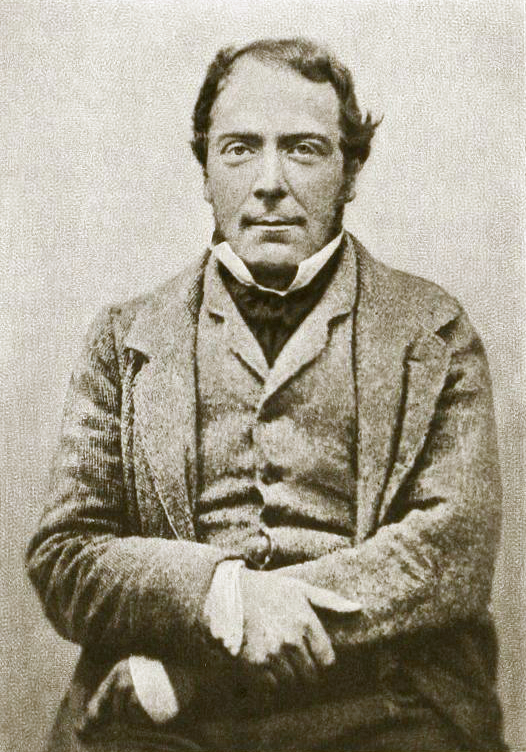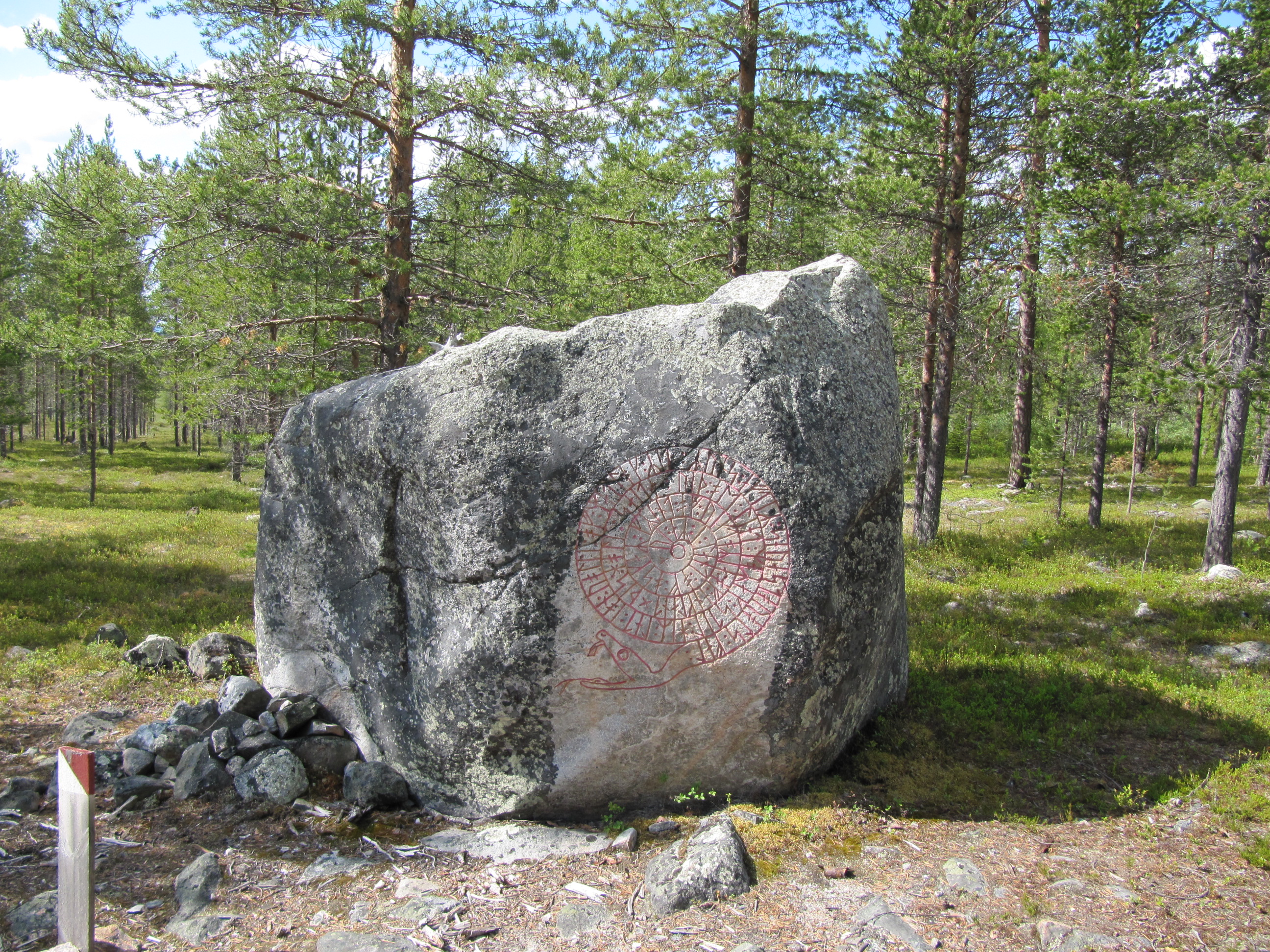John Wolley on:
[Wikipedia]
[Google]
[Amazon]
 John Wolley (13 May 1823 – 20 November 1859) was an English naturalist best known for his large collection of
John Wolley (13 May 1823 – 20 November 1859) was an English naturalist best known for his large collection of
 In 1845 he travelled to Spain. He began to collect the eggs of birds both on his own and through other collectors. He graduated with a BA in January 1846 and moved to London with the intention of studying law at the Middle Temple. He spent a lot of time in the British Museum and took an interest in the study of the dodo, and became acquainted with H. E. Strickland.
In 1846 he travelled through Germany and Switzerland, even climbing
In 1845 he travelled to Spain. He began to collect the eggs of birds both on his own and through other collectors. He graduated with a BA in January 1846 and moved to London with the intention of studying law at the Middle Temple. He spent a lot of time in the British Museum and took an interest in the study of the dodo, and became acquainted with H. E. Strickland.
In 1846 he travelled through Germany and Switzerland, even climbing  In 1853 he set off to explore the Arctic region of Lapland, Norway and Finland. After returning to England, his health declined with symptoms that included the loss of memory. He died after becoming unconscious on 20 November 1859.
In 1853 he set off to explore the Arctic region of Lapland, Norway and Finland. After returning to England, his health declined with symptoms that included the loss of memory. He died after becoming unconscious on 20 November 1859.
Ootheca Wolleyana Volume 1Volume 2
{{DEFAULTSORT:Wolley, John 1823 births 1859 deaths English naturalists People from Matlock, Derbyshire People educated at Eton College Alumni of Trinity College, Cambridge Oologists
 John Wolley (13 May 1823 – 20 November 1859) was an English naturalist best known for his large collection of
John Wolley (13 May 1823 – 20 November 1859) was an English naturalist best known for his large collection of bird eggs
Bird eggs are laid by the females and range in quantity from one (as in condors) to up to seventeen (the grey partridge). Clutch size may vary latitudinally within a species. Some birds lay eggs even when the eggs have not been fertilized; it is ...
and studies on the dodo
The dodo (''Raphus cucullatus'') is an extinct flightless bird that was endemic to the island of Mauritius, which is east of Madagascar in the Indian Ocean. The dodo's closest genetic relative was the also-extinct Rodrigues solitaire. The ...
and great auk
The great auk (''Pinguinus impennis'') is a species of flightless alcid that became extinct in the mid-19th century. It was the only modern species in the genus ''Pinguinus''. It is not closely related to the birds now known as penguins, wh ...
.
Life and work
Wolley was born at Matlock on 13 May 1823. His father was Reverend John Hurt and his mother Mary was the daughter of Adam Wolley who was an antiquarian. After the death of his father-in-law in 1827, John Hurt assumed the name of Wolley. John Wolley obtained his early education at Mr. Fletcher's preparatory school in Southwell and then moved to Eton in 1836. He moved in 1842 toTrinity College, Cambridge
Trinity College is a constituent college of the University of Cambridge. Founded in 1546 by Henry VIII, King Henry VIII, Trinity is one of the largest Cambridge colleges, with the largest financial endowment of any college at either Cambridge ...
. He had already become interested in nature and spent a lot of time in the woods and fens around Cambridgeshire and Huntingdonshire.
 In 1845 he travelled to Spain. He began to collect the eggs of birds both on his own and through other collectors. He graduated with a BA in January 1846 and moved to London with the intention of studying law at the Middle Temple. He spent a lot of time in the British Museum and took an interest in the study of the dodo, and became acquainted with H. E. Strickland.
In 1846 he travelled through Germany and Switzerland, even climbing
In 1845 he travelled to Spain. He began to collect the eggs of birds both on his own and through other collectors. He graduated with a BA in January 1846 and moved to London with the intention of studying law at the Middle Temple. He spent a lot of time in the British Museum and took an interest in the study of the dodo, and became acquainted with H. E. Strickland.
In 1846 he travelled through Germany and Switzerland, even climbing Mont Blanc
Mont Blanc (french: Mont Blanc ; it, Monte Bianco , both meaning "white mountain") is the highest mountain in the Alps and Western Europe, rising above sea level. It is the second-most prominent mountain in Europe, after Mount Elbrus, and i ...
. In 1847 he moved to Edinburgh and began to study medicine. In 1850 he was elected Senior President of the Royal Medical Society. He continued his egg collections, making trips to Orkney and Shetland in 1848. He wrote on the birds of the Faeroes and contributed to Sir William Jardine's "Contributions to Ornithology for 1850". He moved back to London and remained until 1853, studying the great auk.
 In 1853 he set off to explore the Arctic region of Lapland, Norway and Finland. After returning to England, his health declined with symptoms that included the loss of memory. He died after becoming unconscious on 20 November 1859.
In 1853 he set off to explore the Arctic region of Lapland, Norway and Finland. After returning to England, his health declined with symptoms that included the loss of memory. He died after becoming unconscious on 20 November 1859.
Legacy
Wolley bequeathed his egg collection and notebooks toAlfred Newton
Alfred Newton Fellow of the Royal Society, FRS HFRSE (11 June 18297 June 1907) was an England, English zoology, zoologist and ornithology, ornithologist. Newton was Professor of Comparative Anatomy at Cambridge University from 1866 to 1907. Amo ...
who catalogued them in ''Ootheca wolleyana'' before donating the collection to the British Museum. Wolley had also donated a collection of about 120 Indian bird skins to the Norwich museum in 1858.
One of Wolley's ideas was to conduct a comprehensive census of all the birds of Britain, an idea that foreshadowed bird atlases.
References
External links
*Ootheca Wolleyana Volume 1
{{DEFAULTSORT:Wolley, John 1823 births 1859 deaths English naturalists People from Matlock, Derbyshire People educated at Eton College Alumni of Trinity College, Cambridge Oologists